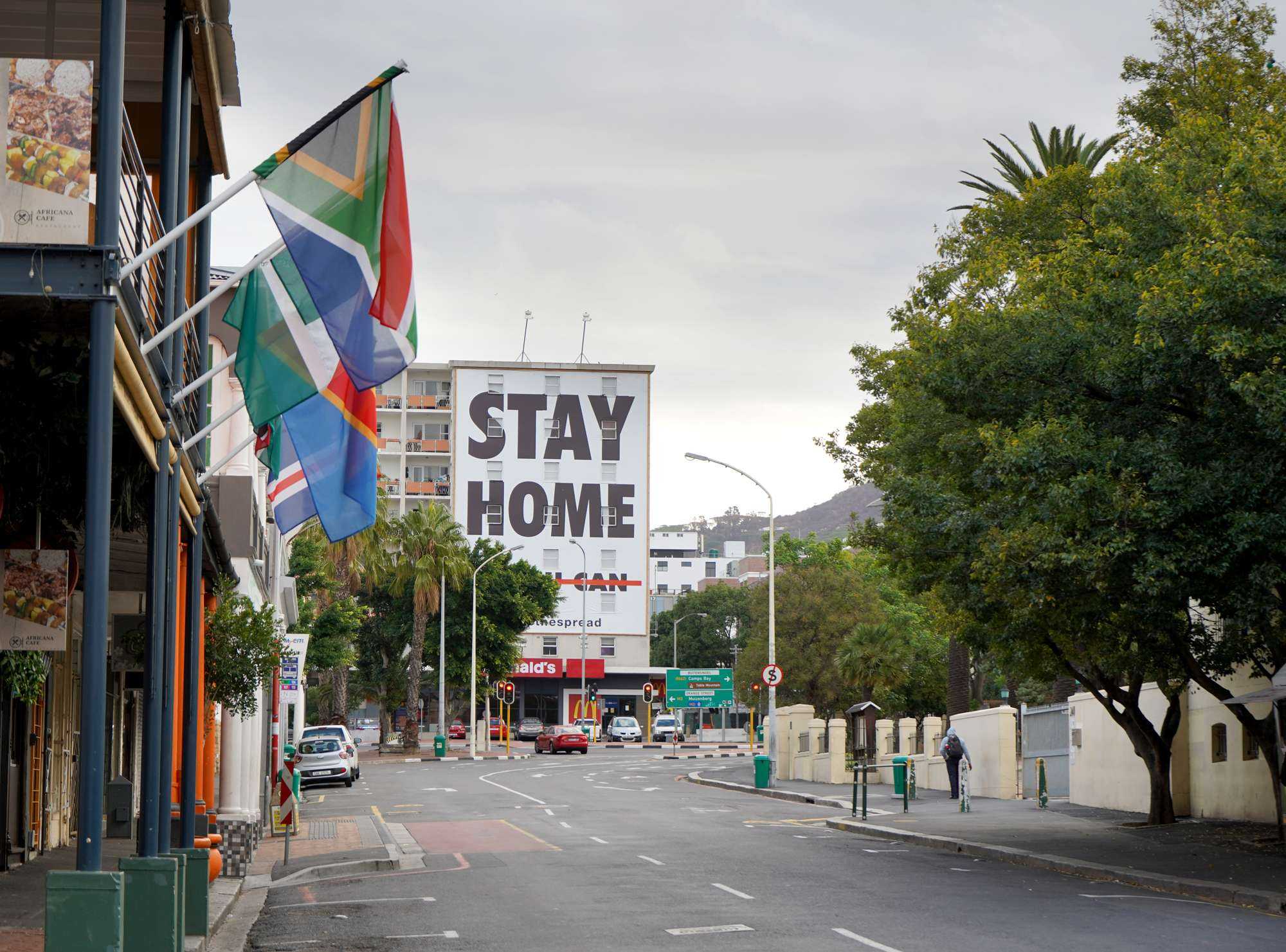BY OMNIYA ALI
In a world where most people are trying to become accustomed to a ‘new normal’, some simply do not have the luxury of doing so. For some, not much change was seen since the pandemic began, they were obligated to continue their lives as they were with no precautionary measures whatsoever. A term such as ‘emergency benefit’ has been used countlessly in countries like Canada. Where it implies that the government is capable and willing to support members of the general population financially and socially affected by the virus. That term also encompasses pausing rent, mortgages, and other monthly obligations in response to people losing many jobs since the start of the lockdown. Conversely, COVID-19 cases are increasing in Africa, yet countries are unable to attend to everyone’s health and socio-economic needs concurrently. Creating a predictive plan to surpass the spread of the disease and pave the way towards recovery seems to be a challenge in several parts of the continent.
“Social cohesion is built over years and is the result of policies that allow everybody in society to share in its sustainable prosperity,” Ahunna Eziakonwa, Director – UNDP Africa. Although the enforcement of any measures restricting movement through emergency laws and policies would be placed for the better interest and safety of all members of the population. Eziakonwa claims that the previously established social cohesion could possibly be at stake. People have begun to feel that the “trust between governments and their citizens and the solidarity between citizens themselves” is deteriorating due to the new policies. With concerns about the effectiveness and sustainability of said policies in relation to the safety of thousands of Africans in mind, some tension has been received in regard to responses to the pandemic recently.
While African countries are making their way up towards more democratic ruling, most countries still remain in the lower half of the 2019 Human Freedom Index produced by the US-based Cato Institute. This can be easily attributed to the complex nature of Africa’s governance as Chester A. Crocker of the Hoover Institute indicated below.
“In Africa, as in every region, it is the quality and characteristics of governance that shape the level of peace and stability and the prospects for economic development. There is no more critical variable than governance, for it is governance that determines whether there are durable links between the state and the society it purports to govern. The nature of governance is central because it determines whether the exercise of authority is viewed as legitimate. Legitimate authority, in turn, is based on accepted laws and norms rather than the arbitrary, unconstrained power of the rulers.”
With political fragility and low trust ascribed to several African countries in countless studies, concerns surrounding planned elections in 22 countries arise. In the current environmental factors including increase in the spread of COVID-19, fears about heightened tensions and fear of suppression are being discussed. These fears can be related to the fact that upon the start of the spread of this virus at least 17 countries declared states of emergency, 9 declared states of public health emergency and 3 declared states of national disaster. Consequently, a feeling of unease was felt among members of the community due to the fact that a state of emergency empowers governments to perform actions or impose extraordinary policies. These include making regulations without an act of parliament or taking actions without complying with statutory duties. In return, removing the average citizen from the equation and dwindling the democratic nature of their ruling. To further illustrate the presence of the aforementioned fears, altercations between civilians and police or military enforcing COVID-19 measures have already been observed in some countries. Nevertheless, other countries are going to great lengths to ensure the safety and satisfaction of their citizens. Some being South Africa and Zimbabwe where they began delivering water to multiple underserved communities in their jurisdiction.

